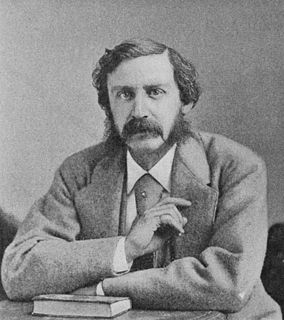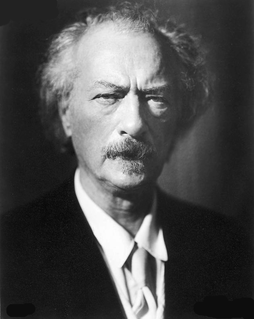A Quote by Sigmund Freud
We must reckon with the possibility that something in the nature of the sexual instinct itself is unfavorable to the realization of complete satisfaction.
Quote Topics
Related Quotes
The satisfaction of physical needs is indeed the indispensable pre-condition of a satisfactory existence, but in itself it is not enough. In order to be content, men must also have the possibility of developing their intellectual and artistic powers to whatever extent accords with their personal characteristics and abilities.
To think that practice and realization are not one is a heretical view. In the Buddha Dharma, practice and realization are identical. Because one's present practice is practice in realization, one's initial negotiating of the Way in itself is the whole of original realization. Thus, even while directed to practice, one is told not to anticipate a realization apart from practice, because practice points directly to original realization.
It is clear that we must trust what is difficult; everything alive trusts in it, everything in Nature grows and defends itself any way it can and is spontaneously itself, tries to be itself at all costs and against all opposition. We know little, but that we must trust in what is difficult is a certainty that will never abandon us; it is good to be solitary, for solitude is difficult; that something is difficult must be one more reason for us to do it.
But if men would give heed to the nature of substance they would doubt less concerning the Proposition that Existence appertains to the nature of substance: rather they would reckon it an axiom above all others, and hold it among common opinions. For then by substance they would understand that which is in itself, and through itself is conceived, or rather that whose knowledge does not depend on the knowledge of any other thing.
Consonance, says the dictionary, is the combination of several tones into a harmonic unit. Dissonance results from the deranging of this harmony by the addition of tones foreign to it. One must admit that all this is not clear. Ever since it appeared in our vocabulary, the word 'dissonance' has carried with it a certain odor of sinfulness. Let us light our lantern: in textbook language, dissonance is an element of transition, a complex or interval of tones that is not complete in itself and that must be resolved to the ear's satisfaction into a perfect consonance.





































